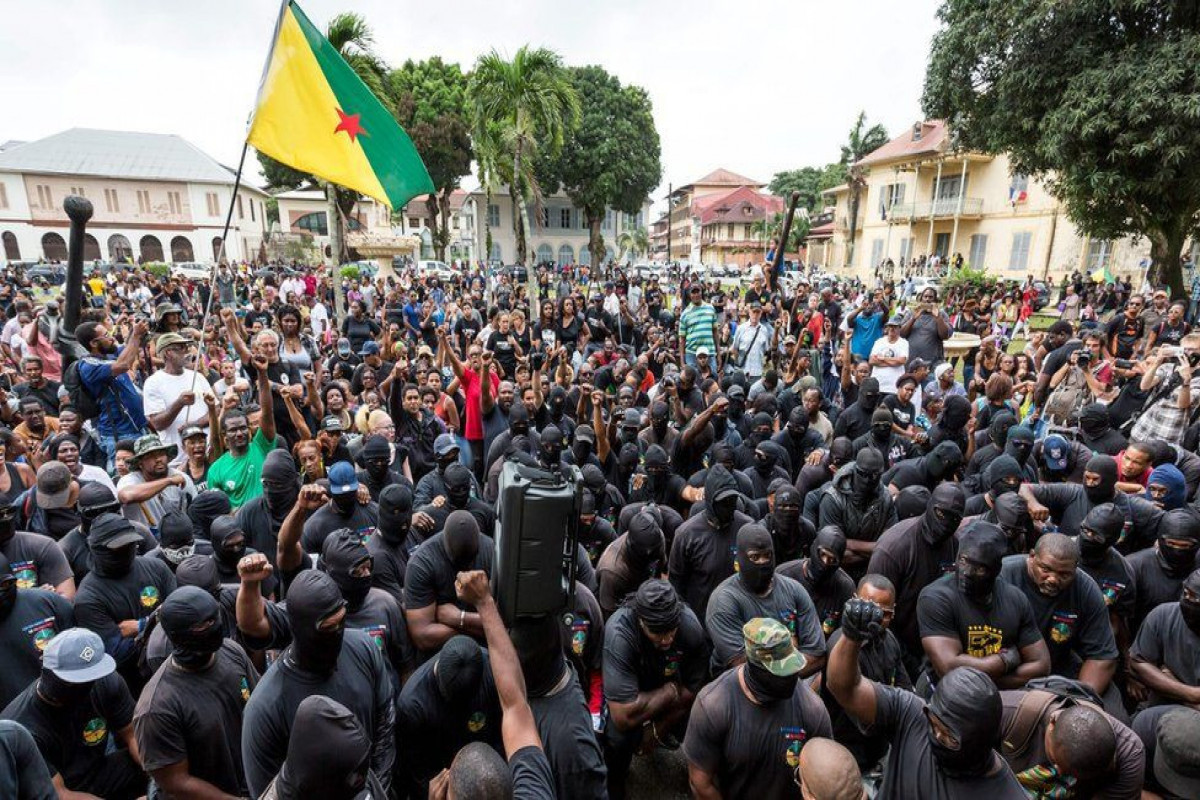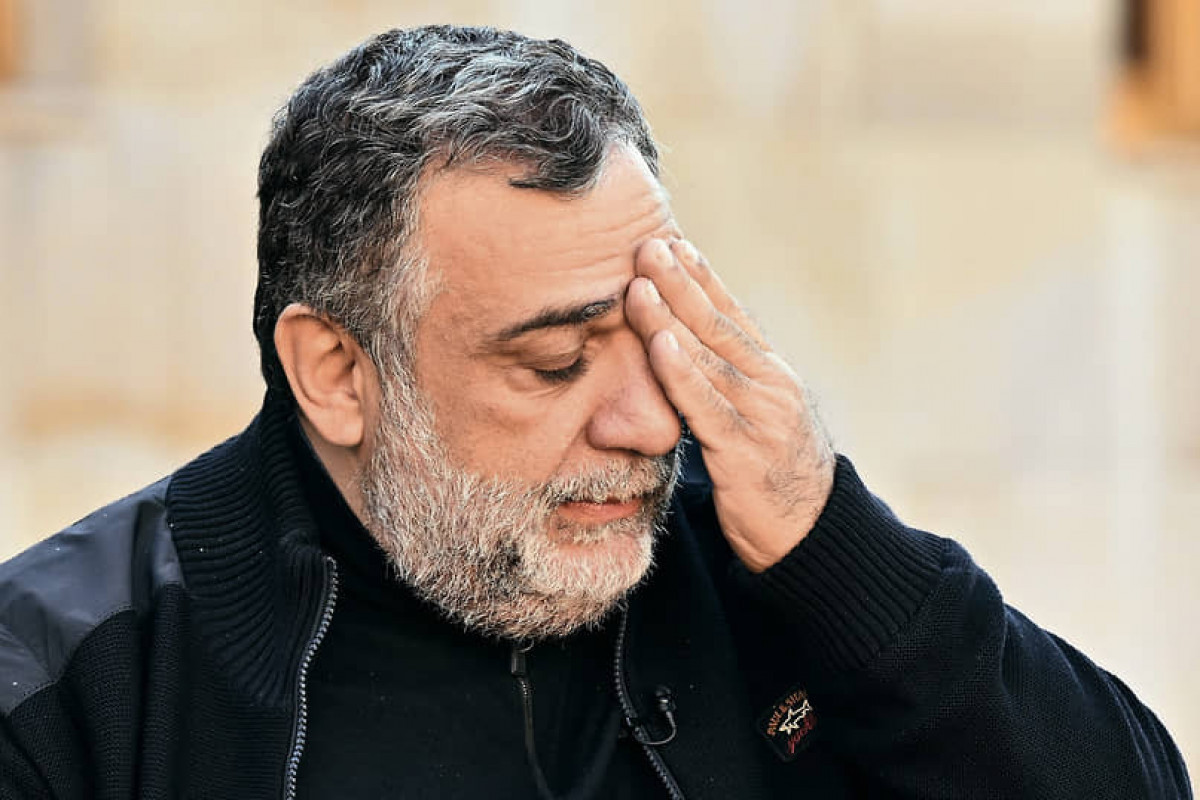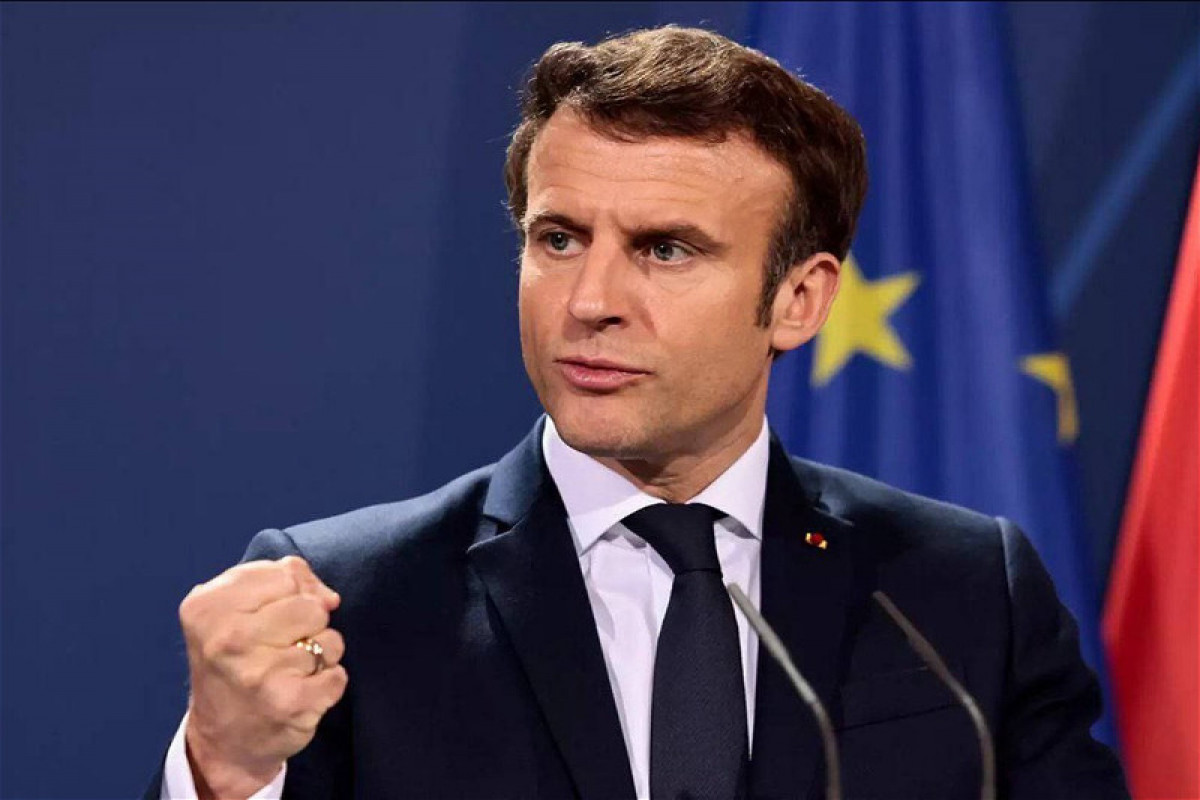The United States Agency for International Development (USAID) was created in 1961.
The agency's goal is to provide humanitarian assistance to poor countries on a global scale.
However, although USAID, which has been in operation for 62 years, claims to operate on the basis of noble ideas, serious questions and doubts about its activities periodically arise.
The most important and serious accusation is that USAID acts as a substructure of the US Central Intelligence Agency (CIA), in addition to humanitarian assistance and other support programs in the countries where it operates, it is used as “soft power” to change the socio-political system in countries, which US officials do not consider friendly.
In December 2009, a senior USAID official, who wished to remain anonymous, admitted that there was a direct connection between them and the CIA. He admitted that the CIA used USAID to transfer money and contract with third parties to support its operations. For example, USAID was accused of financing organizations involved in the 2004 coup against President Jean Bertrand Aristide.
Similar cases cover a wide period - from operations to destroy the leftist movement in South America in the 70s of the last century to actions in Bolivia, Eritrea and Cuba in the 2000s. Based on this, USAID activities were banned in Russia, Belarus, and Ethiopia. The latest scandal with USAID ended recently.
On October 2, the State Security Service (SSS) of Georgia issued a statement in which it accused USAID of financing three Serbian citizens trained in violent methods of protest to change the government in the country. Speaker of the Georgian Parliament Shalva Papuashvili said USAID must provide an explanation as to why the American people's money was used to incite unrest in another country, train groups to plan unrest, and commit violent acts.
The listed facts show that in the activities of USAID, along with the bright sides and gratuitous assistance, there are also dark moments.
Activities of the agency in Azerbaijan...
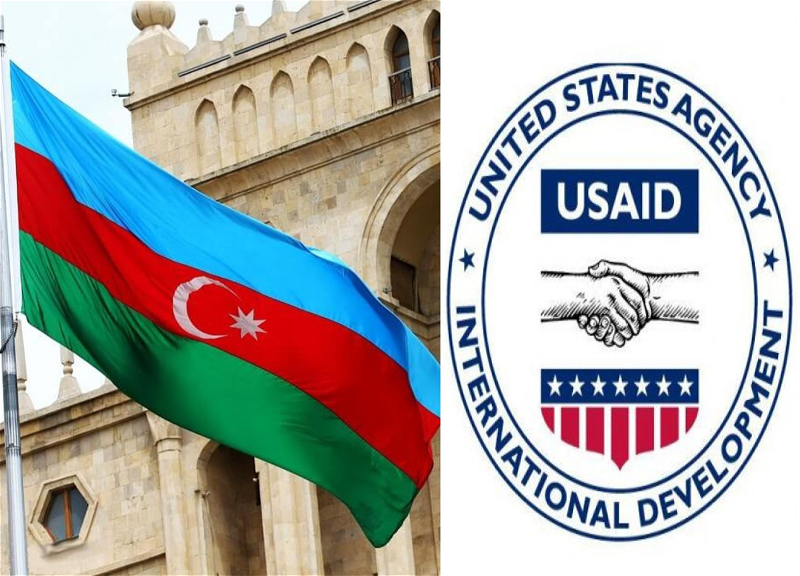
USAID has been operating in Azerbaijan since 1991. USAID support in the first years of activity was appropriate and necessary for Azerbaijan as a country that had just left the USSR, gained independence, began to adapt to the conditions of a market economy and was subjected to a war of aggression. For the sake of objectivity, it should be noted that this support was useful from the point of view of just emerging entrepreneurship and employment. USAID announced that its main activities in Azerbaijan are agriculture and tourism, with a focus on micro, small and medium-sized businesses. For example, among the successful programs within the framework of the activities of the Agency for Socio-Economic Development in 6 regions of Azerbaijan, 47 water supply systems were improved, 32 rural roads were repaired, 25 medical stations were created, and projects to support small and medium-sized businesses were implemented.
According to official data, since 1991, USAID has invested $431 million in support programs in Azerbaijan, including humanitarian assistance, health sector, economic and governance reforms. But if the agency's activities were limited only to support on announced topics, USAID's activities would be met only with respect and gratitude. It should be noted with regret that in the activities of USAID, which proclaims itself a humanitarian aid organization, there are moments that can lead to scandals, and in some cases even to violence. And this activity, as in many countries, has also shown its negative sides in Azerbaijan.
The threat is primarily associated with the “soft power” policy aimed at changing the socio-political system in the countries where USAID operates. These policies are carried out under the veil of gender equality, support for civil society, the media, and greater citizen participation in public life.
In the mid-2000s, there was a “boom” in Azerbaijan in the process of creating NGOs, political and public organizations, and movements. International organizations, including USAID, skillfully exploited some vulnerable moments within the framework of the then legislation, provided financial support for the creation of numerous socio-political associations and NGOs in the country, provided them with financial support that was not spent for its intended purpose, etc.
Against the backdrop of a wave of mostly successfully carried out “color revolutions” in the 2000s, the goal was a change of power, polarization of society based on acute political positions and the emergence of an unstable political situation.
However, changes in the political system did not occur, and then the goal became the dissemination of views through NGOs, public associations, civil society and the media, which did not take into account different ideologies and local mental values.
In recent years, this has been manifested in such areas as family values, gender equality, the situation with sexual minorities in Azerbaijan, etc.
Marginal groups that do not have serious public support, with the support of USAID and other international organizations, are trying to replicate an artificial agenda that is insignificant for society, not a global one, and are holding events.
These discussions, conducted mainly through social networks and some electronic media broadcast over the Internet, consisted of dozens of exaggerated ideas that violence against women in Azerbaijan has acquired terrible proportions, rampant drug addiction, discrimination against LGBT people, that is, sexual minorities, that suicide has become an epidemic.
One such move to create an artificial agenda that confuses public opinion is the No War mindset. This small marginal group usually made itself known during hostilities.
During the 44-day Patriotic War in 2020, the clashes on the Azerbaijani-Armenian border in September 2022, the 24-hour anti-terrorism measures that once and for all ended the existence of the separatist entity in Garabagh, this group created the false belief that the Azerbaijani society opposes the war, Azerbaijan invaded the territory of Armenia.
But Western institutions, as well as the activities of these groups associated with USAID, did not receive any support in society, but, on the contrary, aroused disgust among the inhabitants of a country that suffered from 30 years of aggression, thousands of whose citizens became martyrs and restored territorial integrity on the basis of international rights.
In Azerbaijan, where during the 44 days of war not a single case of desertion was registered in the ranks of the army, such discussions and the organizations that provide funding for them are doomed to failure. Therefore, on the day the anti-terrorist operations ended, 80 projects intended for No War were terminated. Immediately those who were adherents of “No War” for money fell silent.
USAID Director's Love for Armenians
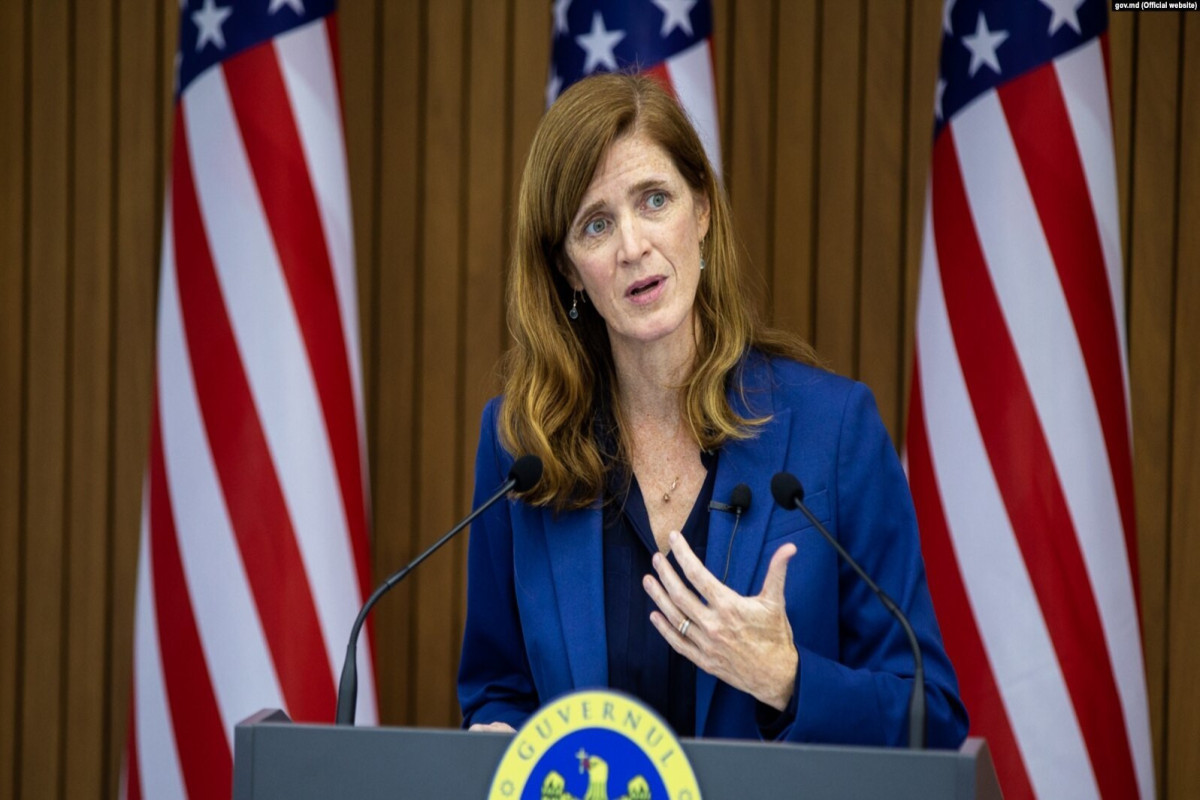
Along with the opacity, closeness and interference on the part of USAID in the political processes in Azerbaijan, one of the negative factors is the agency’s use of the “Armenian card”. Samantha Power, the current, that is, 19th, director of USAID, plays an active role in this issue. Power, while working as the US permanent representative to the UN during the Barack Obama administration, was one of the main supporters of recognition of the “Armenian genocide,” and expressed deep regret that the United States did not recognize the “Armenian genocide.”
Her sympathies for the Armenians are manifested in her repeated trips to this country. But as director of USAID, this sympathy was especially evident. Recently, on her page in X, Power reported that USAID, which she heads, has allocated an additional $4.1 million to “forced migrants” - Armenians who voluntarily left Garabagh.
The reaction of official Baku was not long in coming.
“The United States stood alongside the occupying Armenian state during the 30-year occupation of Azerbaijani lands by Armenia, when one million Azerbaijanis were subjected to brutal and bloody ethnic cleansing. And now this policy continues in the same form,” says the publication in “X” of the Assistant to the President of the Republic of Azerbaijan - Head of the Foreign Policy Department of the Presidential Administration Hikmet Hajiyev.
He recalled that the USAID director, known as a professor of Human Rights training, is silent about the genocide and acts of cruelty committed by Armenia against innocent civilians of Azerbaijan.
And he concluded his thoughts with the words that put an end to 32 years of USAID activities in Azerbaijan: “Take off your mask! There is no longer a place for USAID to operate in Azerbaijan!”
The Ministry of Foreign Affairs of Azerbaijan expressed a corresponding attitude to this issue. “It would be unreasonable and unfair to call the migration of Armenian residents of the Garabagh region of Azerbaijan to Armenia a forced resettlement,” noted the head of the press service of the Ministry of Foreign Affairs Aykhan Hajizade in his publication on the “X” platform. Aykhan Hajizade recalled that during Samantha Power’s visit to the region, she met with Armenians who had left for Armenia, but the next day refused to meet with Azerbaijani refugees and internally displaced persons who were deprived of their fundamental rights as a result of Armenian aggression.
Three problems of USAID in Azerbaijan
After the war ended and the conflict was resolved, USAID immediately changed its tactics towards Azerbaijan. According to the information received, a month after the anti-terrorist operations, emissaries already in Azerbaijan begin to be called to Europe, mainly to Paris. The media included in this circle (Toplum TV and Abzas Media), leaders and leading members of feminist and LGBT organizations are invited under various pretexts to European countries, especially to France.
In particular, it is worth noting that such processes do not often use the local structures of Western long-term media resources or the local institutions of Western NGOs. To demonstrate the “protest of local society”, resources are used, created mainly within the country, financed through illegal means, positioning themselves by the Azerbaijani media and Azerbaijani NGOs. For example, Toplum TV, Abzas Media, Fakt Yoxla, local feminist and LGBT organizations.
The main instruction for emissaries is to actively cover social and economic problems in Azerbaijan, especially of a local nature, in the regions, on social networks and on the mentioned resources in the post-war period, to specifically inflate these topics and create conditions for more and more dissatisfied people to gather around these same problems electorate. According to some reports, in this regard, there is a USAID project similar to the “development of citizen journalism in the regions.”
According to the instructions, the main focus in this context should be on the concept of return to Garabagh. It is to inflate problems of a local nature that have arisen in connection with the return of internally displaced persons to Garabagh, to convey to society any disputes arising here as a great discontent and to inflate black PR so that internally displaced persons do not return to their native places.
Another instruction is to constantly focus attention on topics related to feminists and LGBT people, which are not typical for Azerbaijani society, to form an opinion in the local and international community about the alleged “discrimination” that exists in the country against these people. Among the recommendations given is to keep an eye on the same issue in animal rights.
By the way, the main circles in which USAID works to implement these guiding principles are precisely the “feminist movement” and LGBT representatives. They are presented on social networks as “active bloggers” of the new period, turning into active representatives of “telephone journalism”.
As you can see, the biased and biased steps of the pro-Armenian USAID director call into question the continuation of the agency’s activities in Azerbaijan.
In general, however, USAID can function successfully both in our country and in the world, subject to commitment to the ideas that guided the Agency’s creation, as well as to create a positive image of the United States. But the desire to influence political processes in the countries where it operates, illegal financing, etc. will always cast a shadow on the reputation of the US Agency for International Development, and will ultimately lead to the cessation of activities.


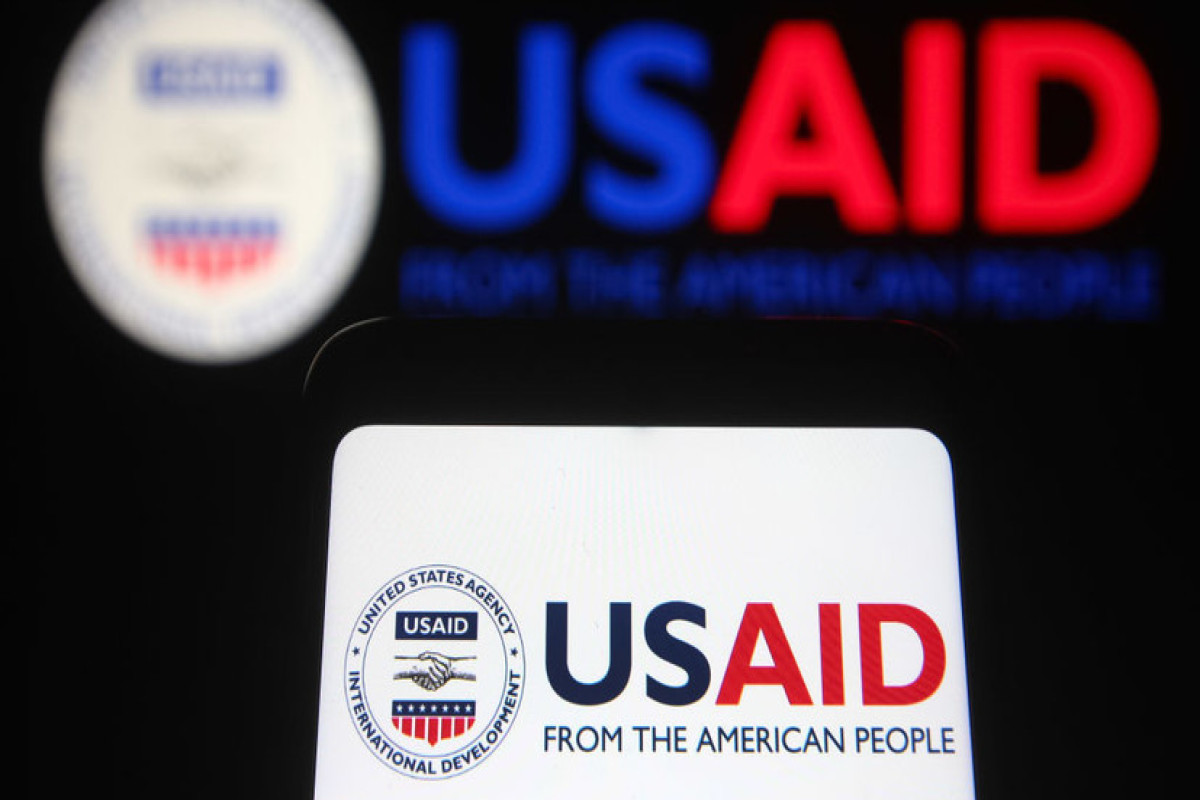
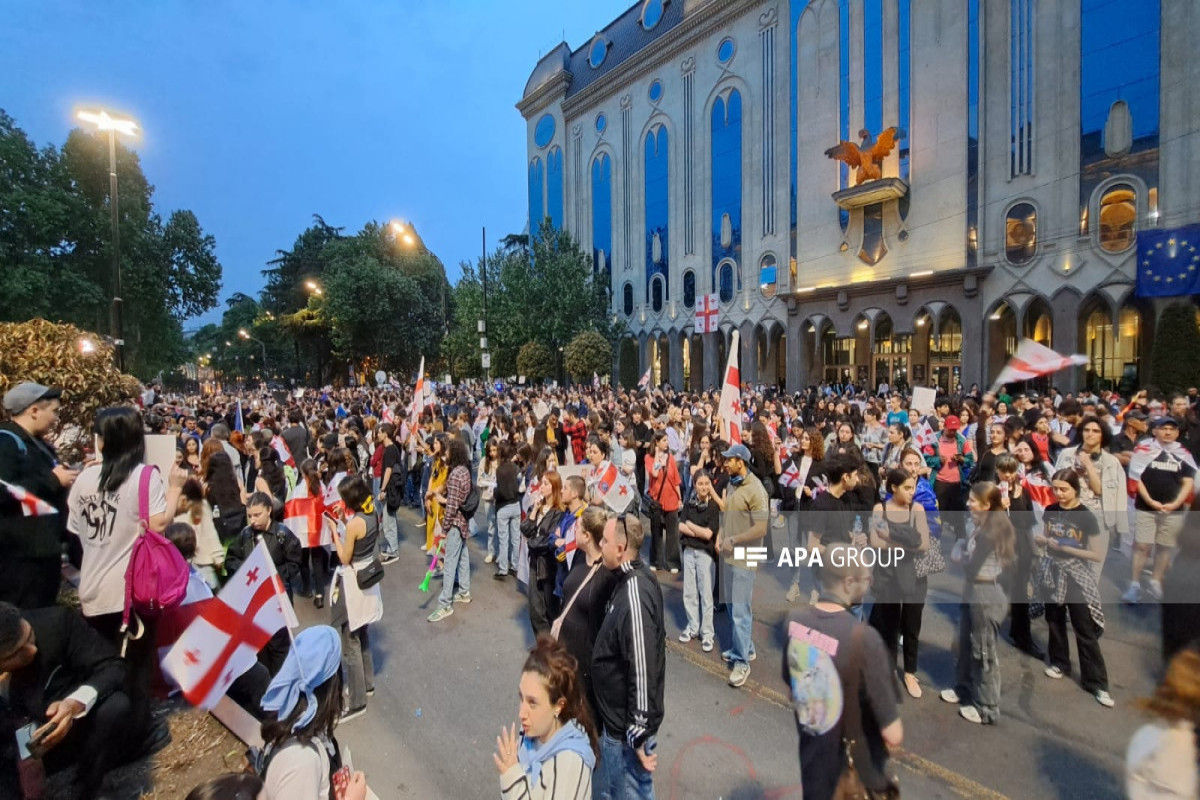 ANALYTICS'>
ANALYTICS'>
